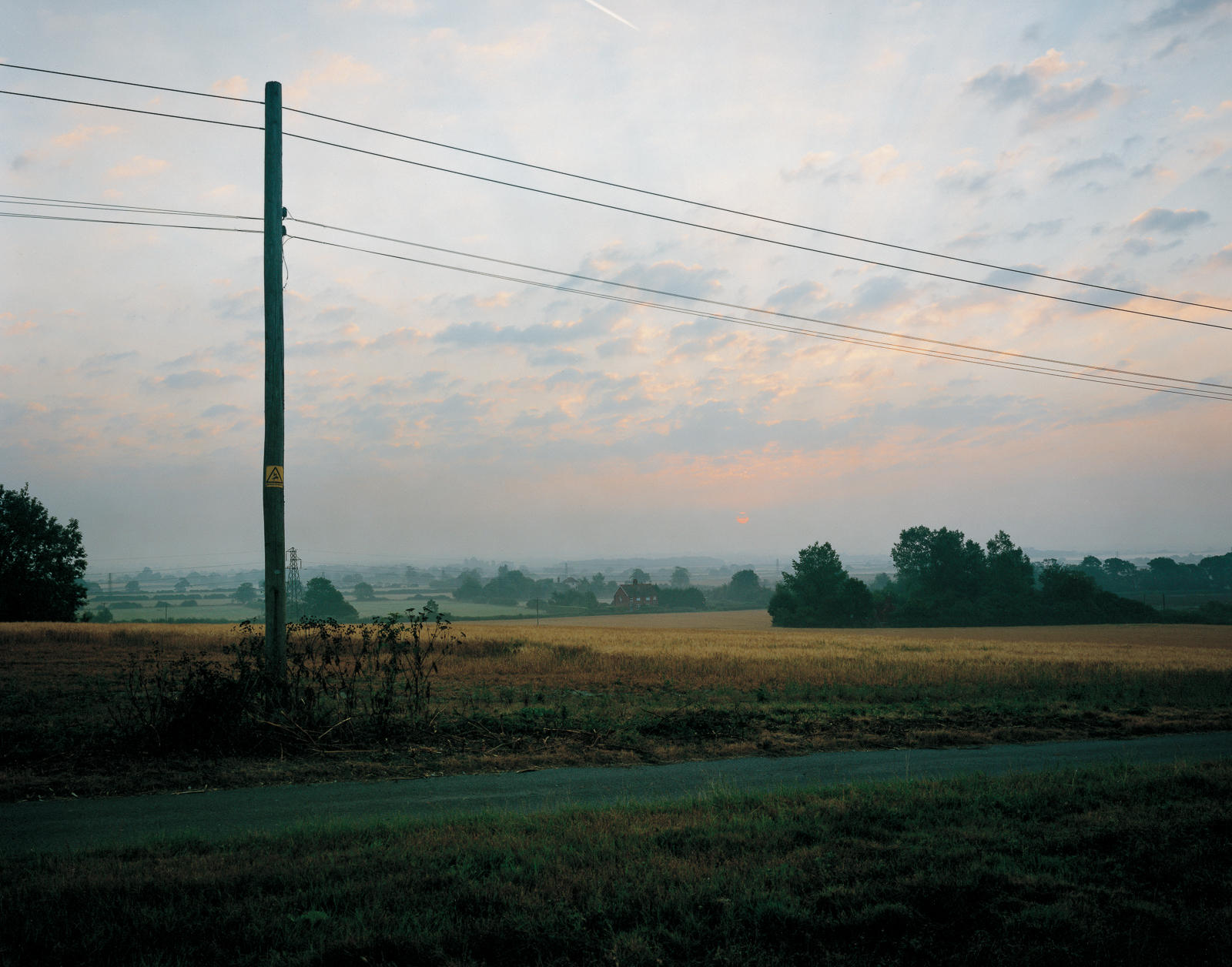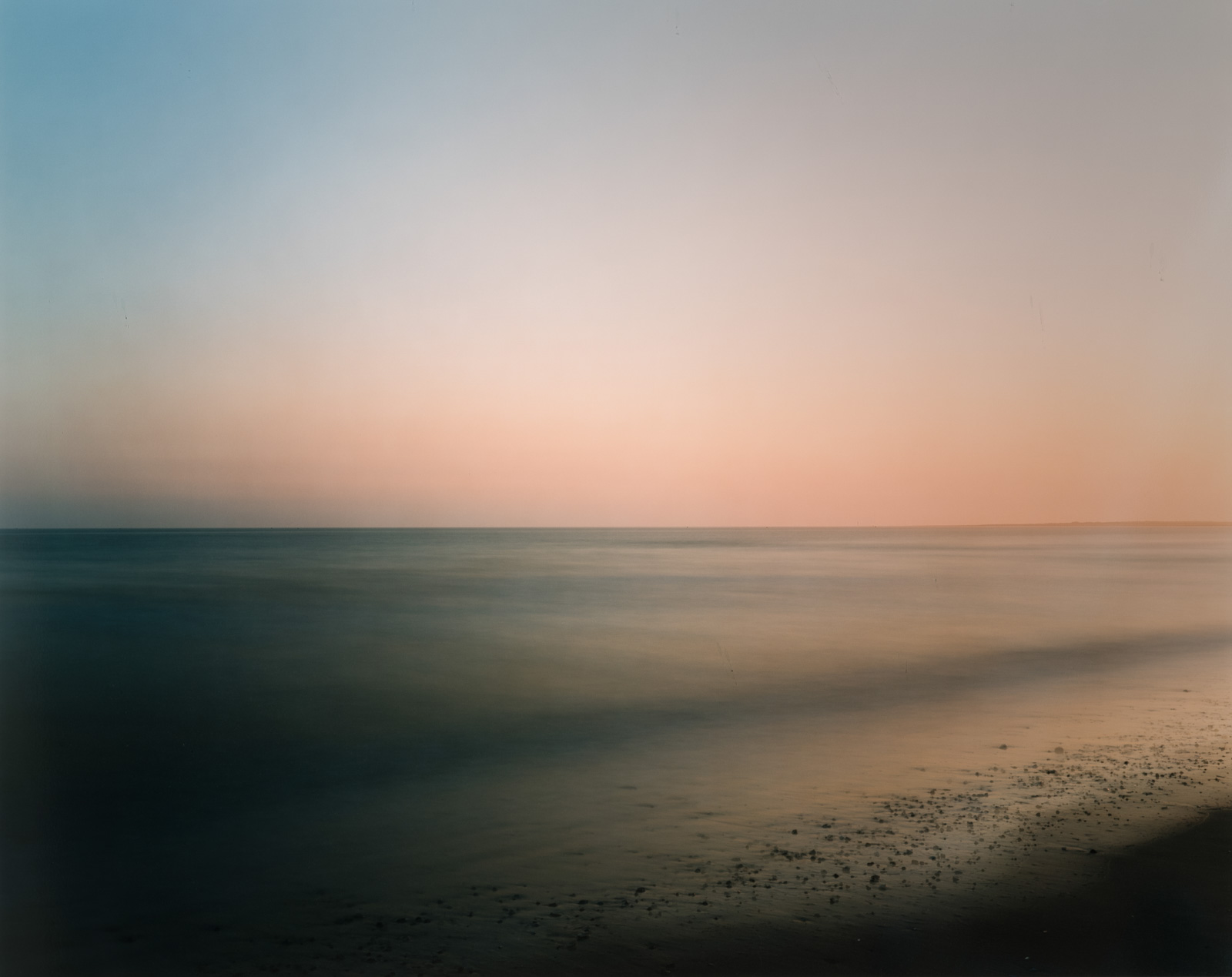
‘Begin’, Six Hour Place (YEAR)
Selected Photography
Wide-Eyed to the World from Sensations of Landscape
Rachel Campbell-Johnston
HiraginoSans FONTAt a glance you will see lots of pictures of places. The next thing to discover is where to find your spot. Maybe start at your feet: with the suck of the mud or the slap of the sand; the pull of the tide as it tugs like a terrier at your ankles; the swish of the grasses that glue patterns of wet petals onto boots. These are not images to stand back and stare at. They are landscapes to step into. They ground you as you look.
Cory Wright tends to rise long before dawn to take his pictures. He lugs his photographer’s clobber up hills, through marshes, over creeks, across rocks, to set up his camera upon lonely brinks. Earth cedes way to waters in these marginal places. Seas merge with skies. A road winds away to dissolve in far distant horizons. The liminal is a realm of possibilities. The lens, waiting expectantly, wide-eyed to the world, captures it as the sun rises and brings with it new hope.
Boundaries are dissolved. Light disperses through darkness. The material and the ethereal, the mundane and the magical merge as feelings take flight on the wings of imagination. “Our being’s heart and home is with infinitude”, wrote Wordsworth, that most prolific spokesman of the Romantic movement. Our human powers of description, he lamented, were sadly incompetent. Yet, through them, he reached for his vision of “something ever more about to be”. Well over a hundred years later, T.S. Eliot was still struggling, wrestling with the opening of his Four Quartets.
Time present and time past
Are both perhaps present in time future,
And time future contained in time past.
If all time is eternally present
All time is unredeemable.
It is no coincidence that both these poets have exerted a powerful influence on Cory Wright. The selection of photographs which he now publishes share their sense of striving. These are not “views” he is showing; they are visions. His landscapes, it turns out, are less places than spaces. In their very nothingness, you can find everything.
Rachel Campbell-Johnston is the art critic for The Times.
![]() ‘121-1446’, Journey Through The British Isles (YEAR)
‘121-1446’, Journey Through The British Isles (YEAR)
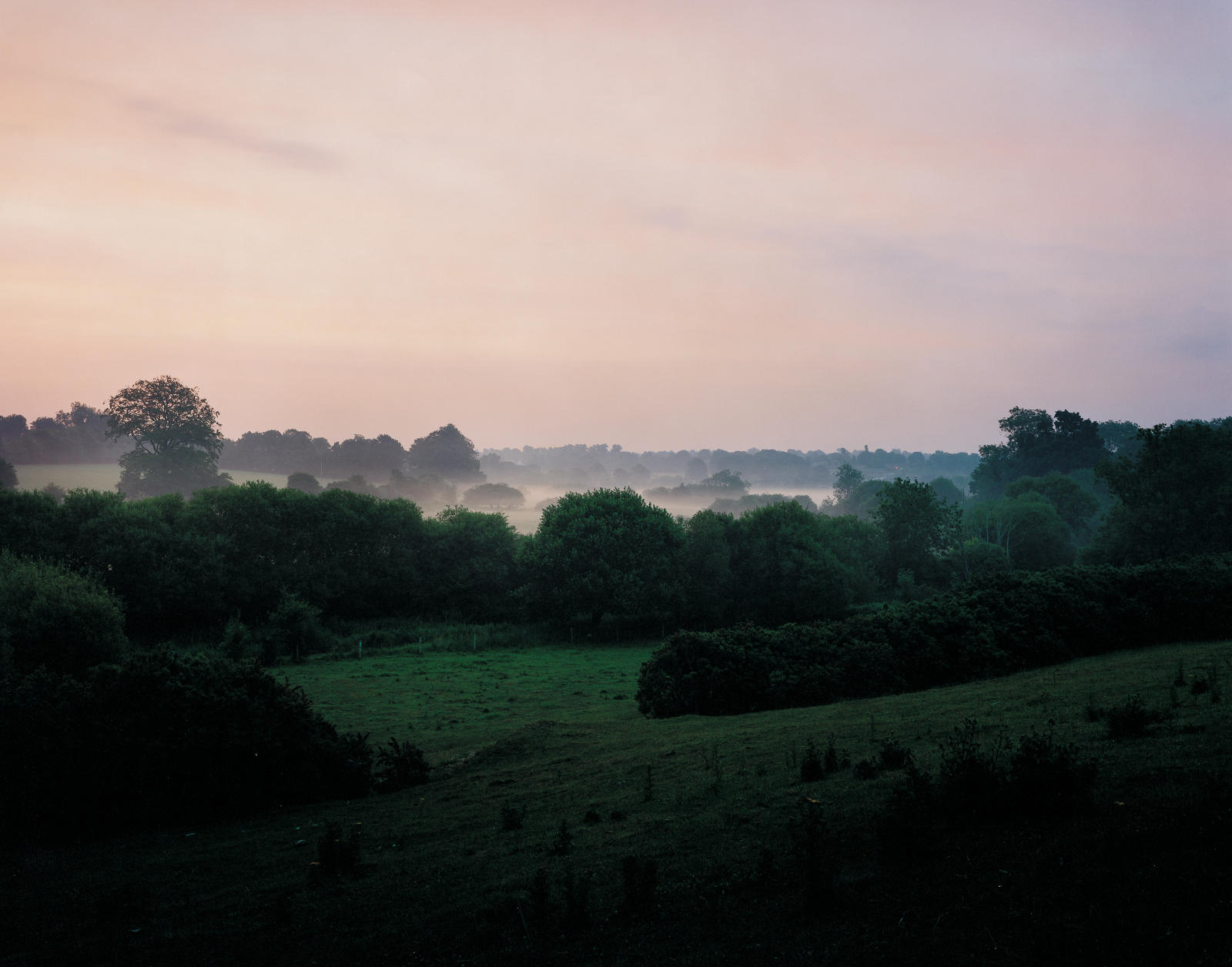 ‘121-1446’, Journey Through The British Isles (YEAR)
‘121-1446’, Journey Through The British Isles (YEAR)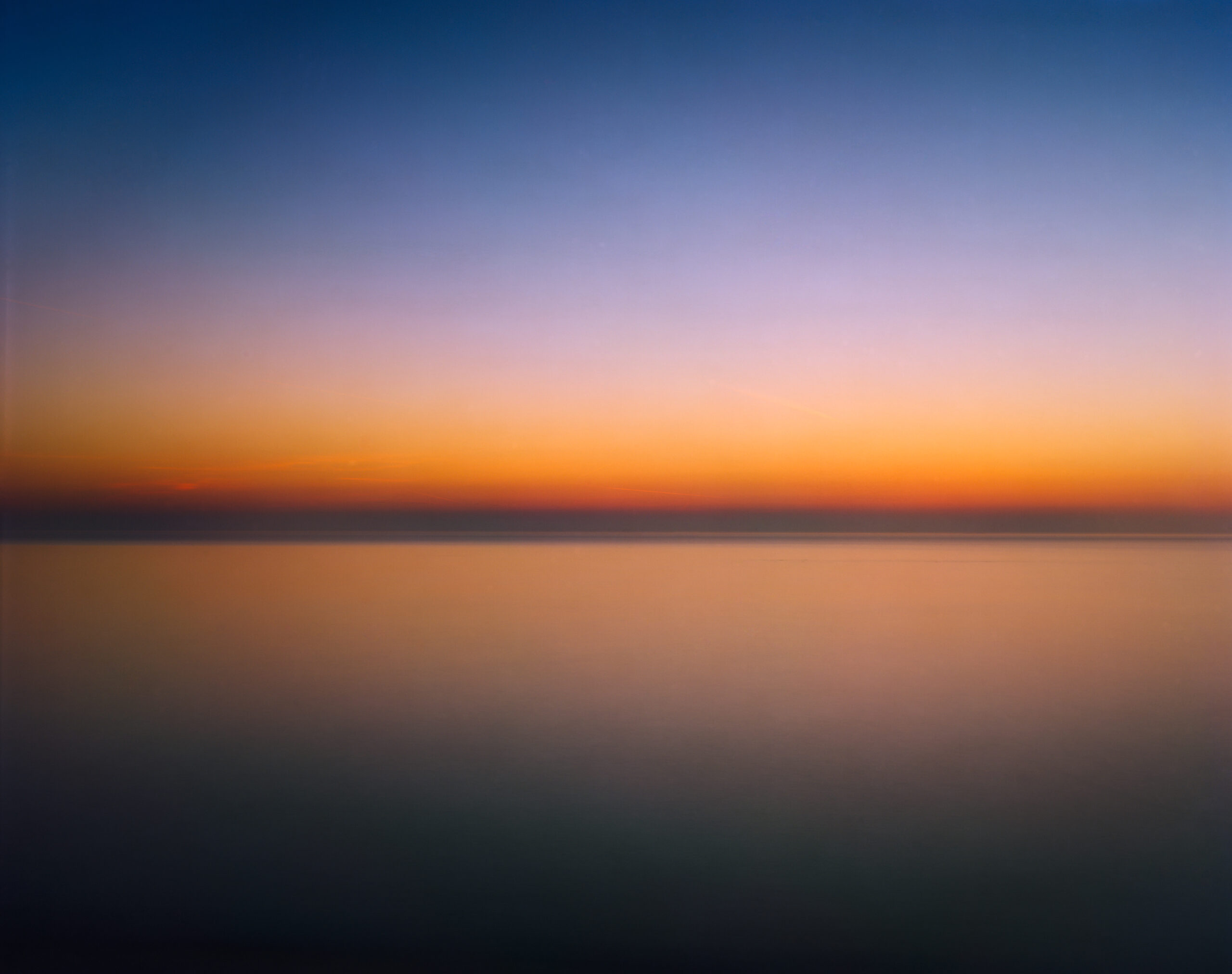
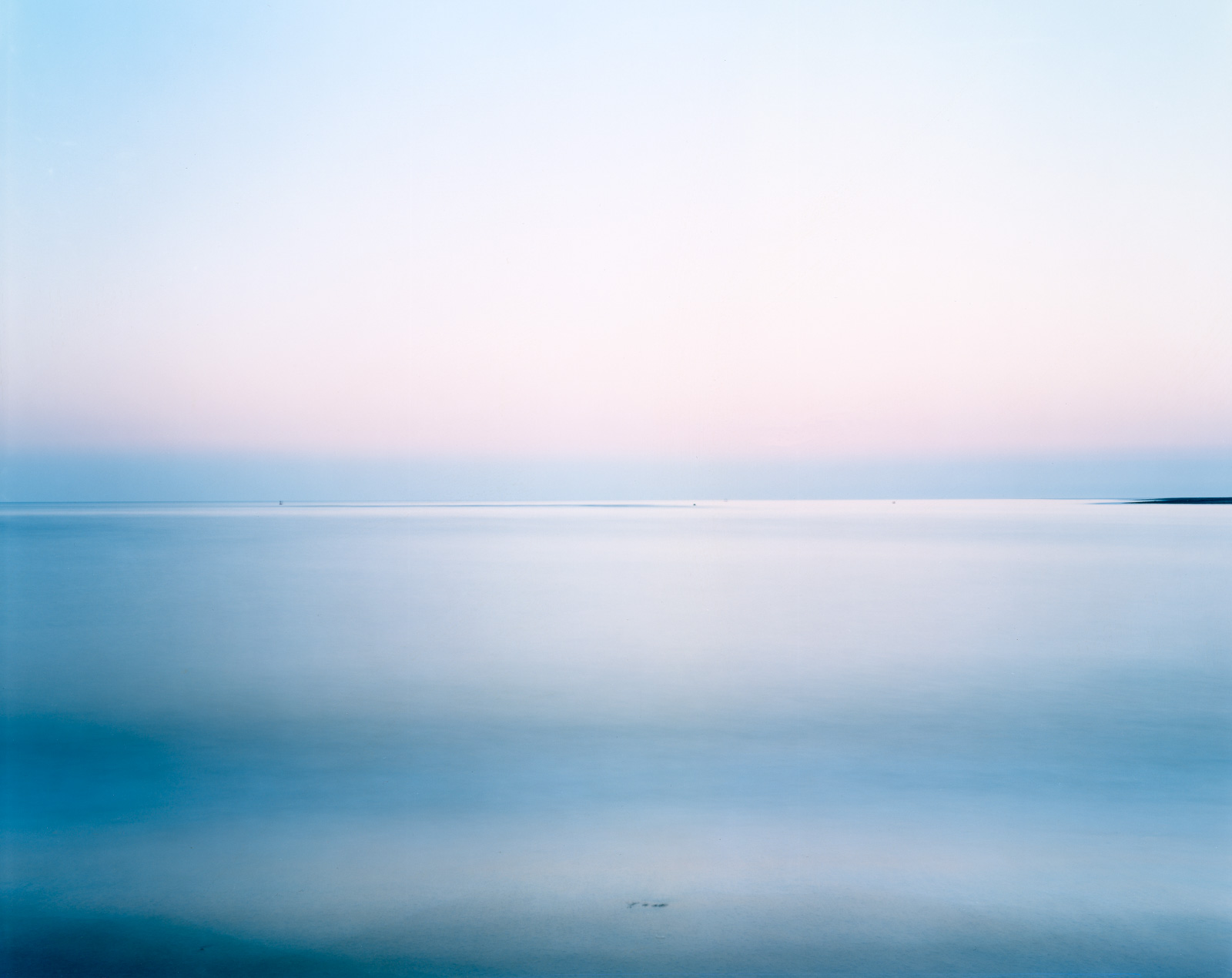
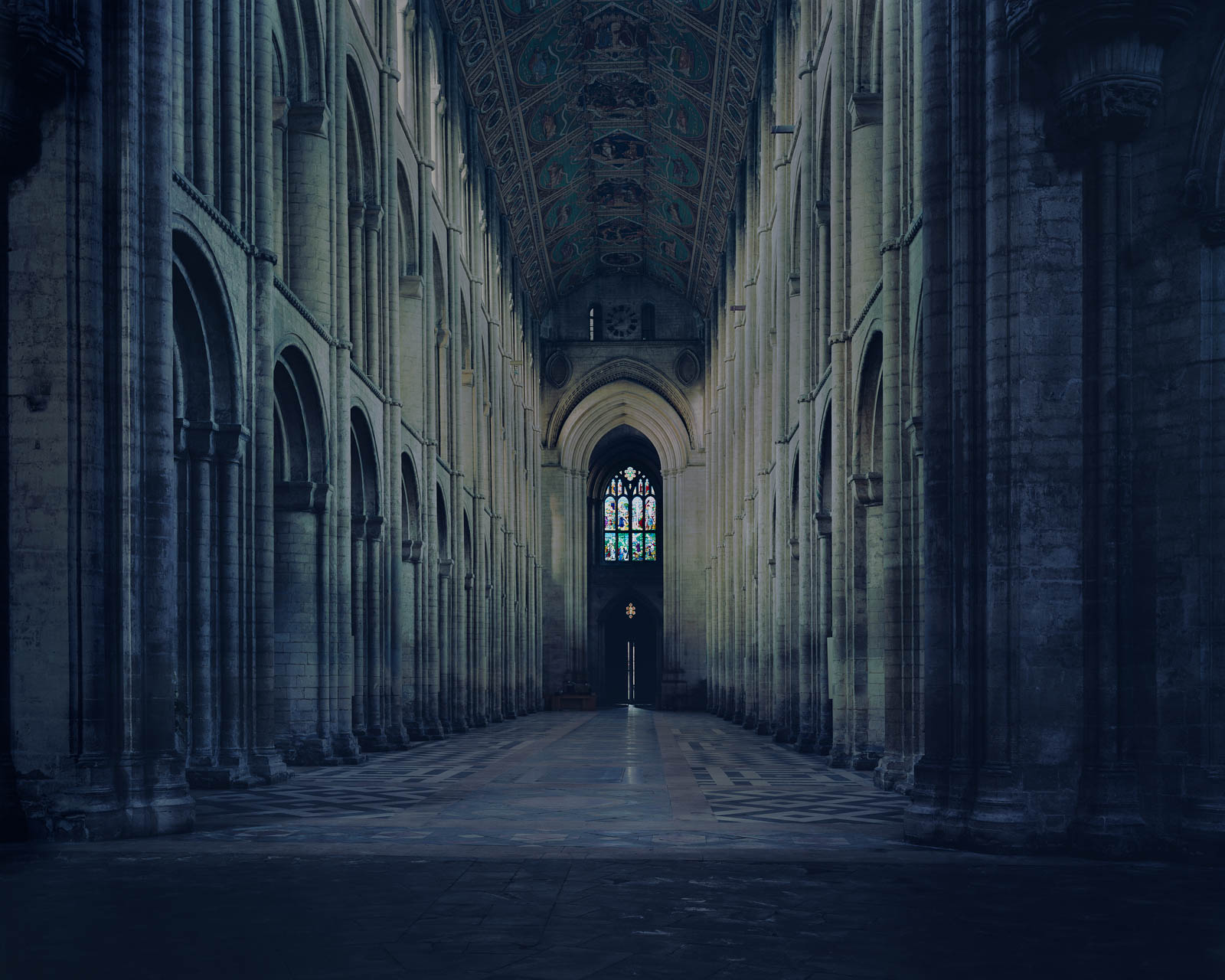
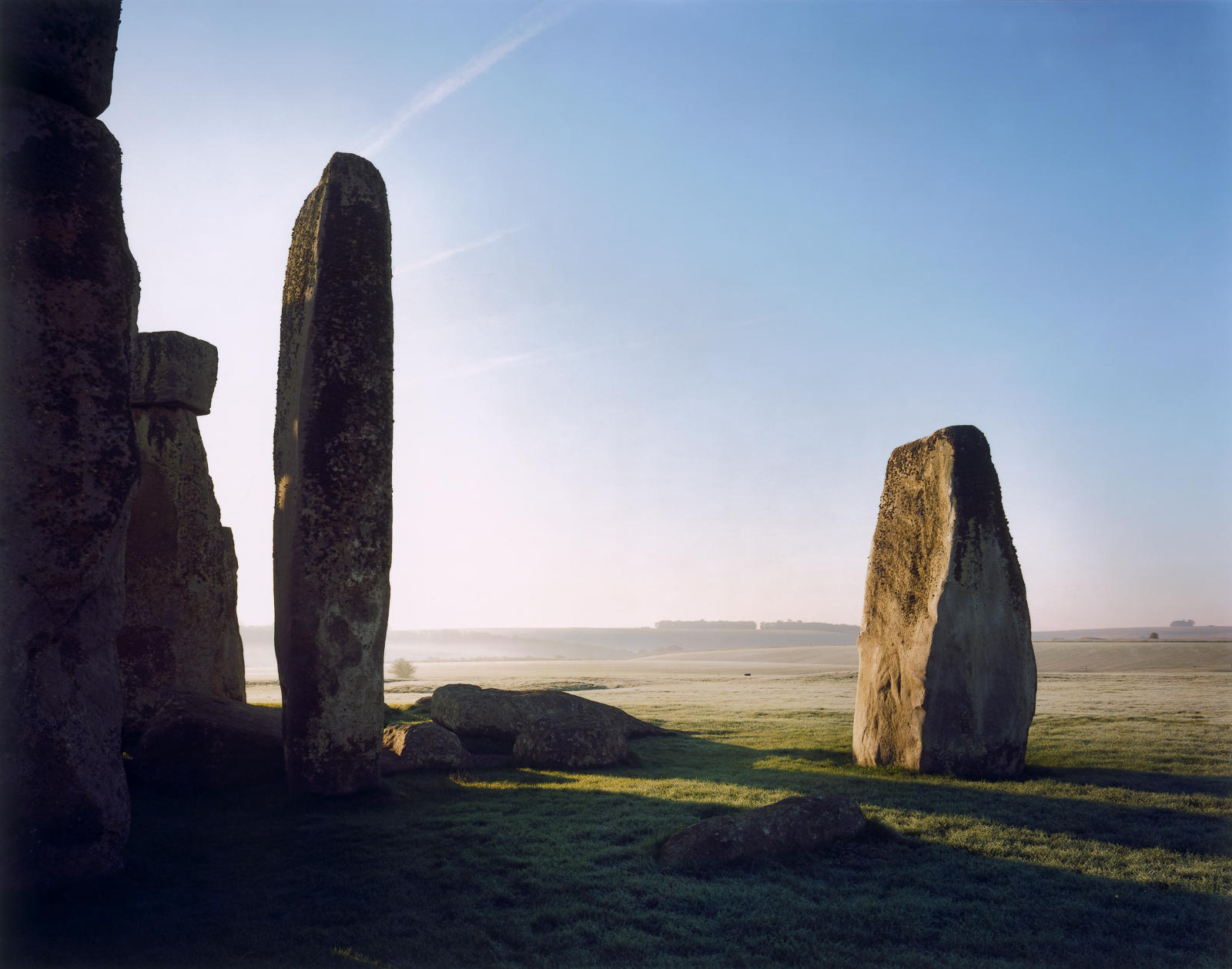
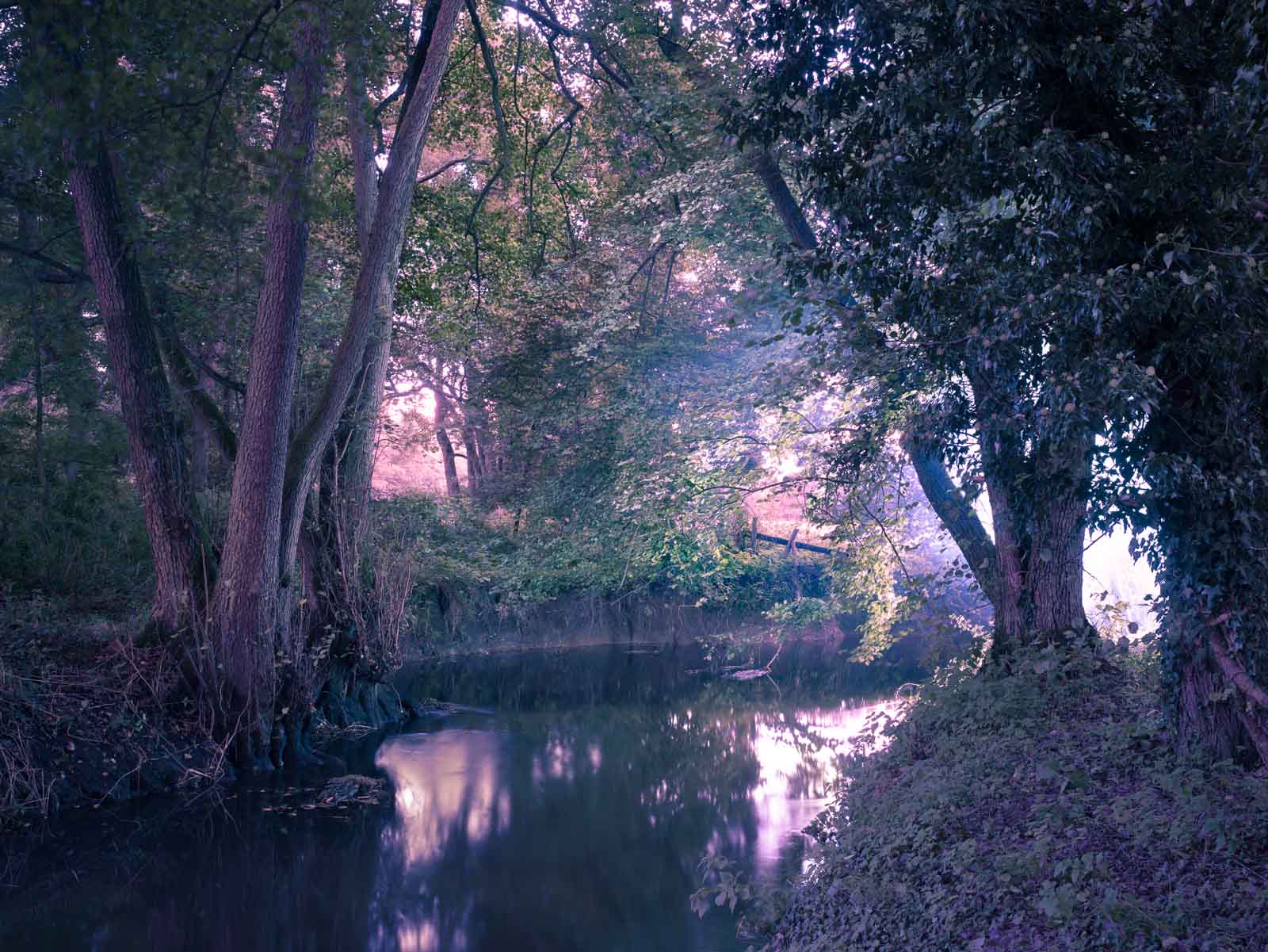
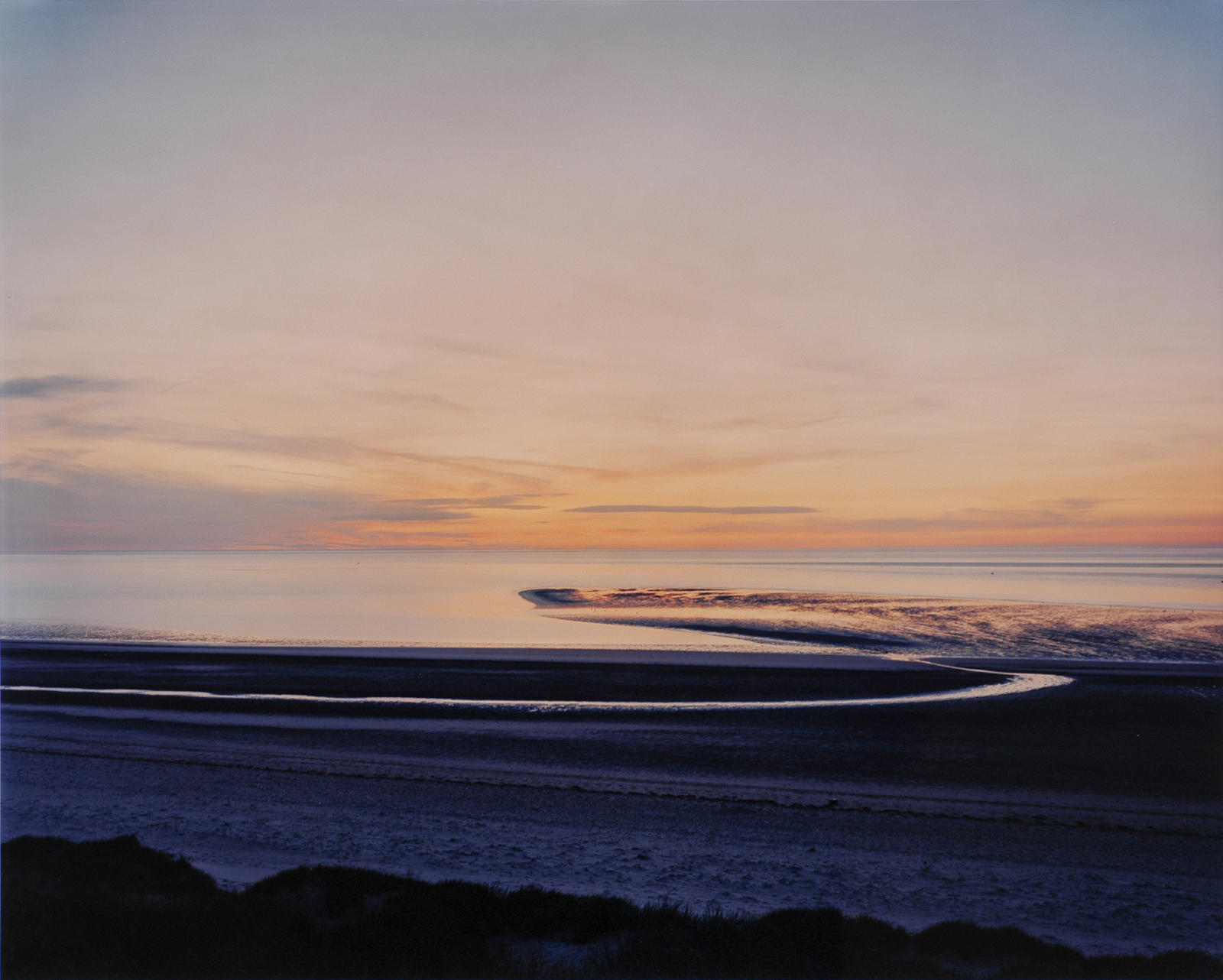
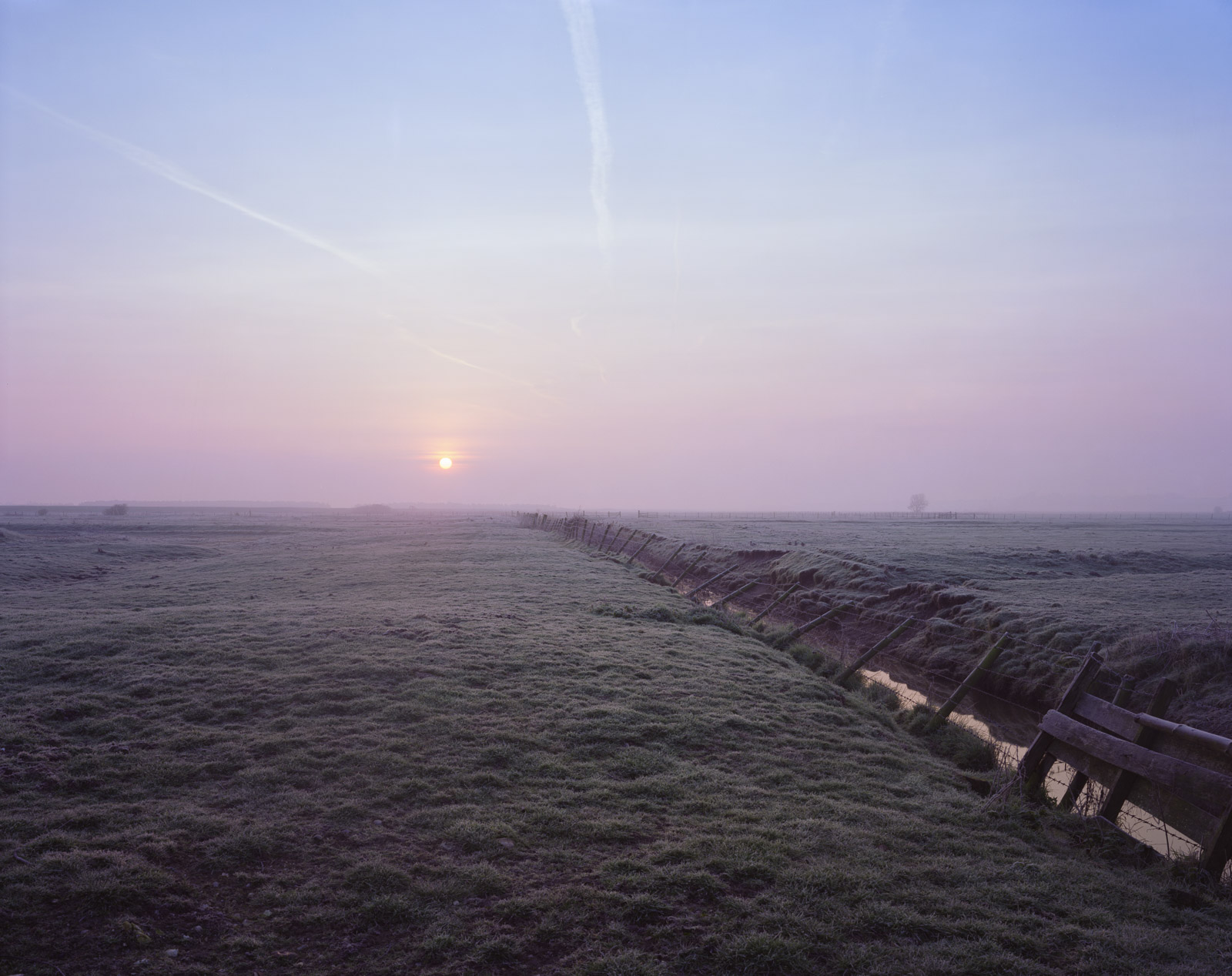 ‘High Pressure’, Anglia (YEAR)
‘High Pressure’, Anglia (YEAR)